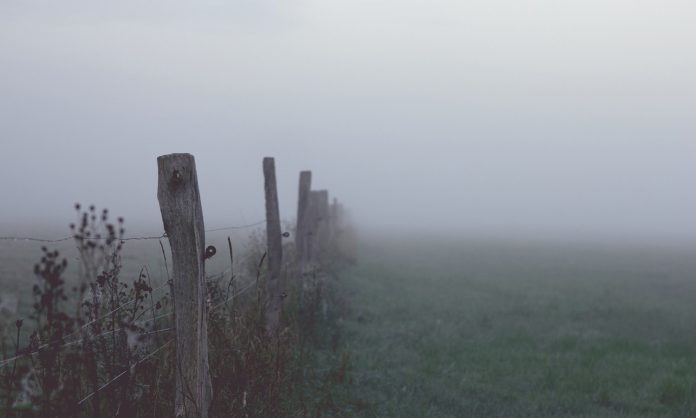
In a post on CrimeReads, Lucy Snyder says there’s an art to writing description that is vibrant and evocative but not distracting for the reader. “Good description does more than provide the sensory and physical details crucial in setting, characterization, action, and world building,” she writes. “The ways in which characters see and describe their worlds deepen personality, establish point of view, convey motivation, ratchet up tension, and move the plot along. Ultimately, the description is the thread that connects the who, what, when, where, and why in any narrative.”
Writers can control the mood they set with description by choosing words by sound, using relevant imagery to convey the emotional atmosphere, or by using deliberate over- or understatement. “Good description focuses on details that matter to the POV character,” Snyder writes. “Make sure that you have chosen a POV character who is engaged with their world in a meaningful way so that you can describe the relevant details through their senses and perspective. Convey what this character is impressed by, afraid of, frustrated with, or excited about!”











